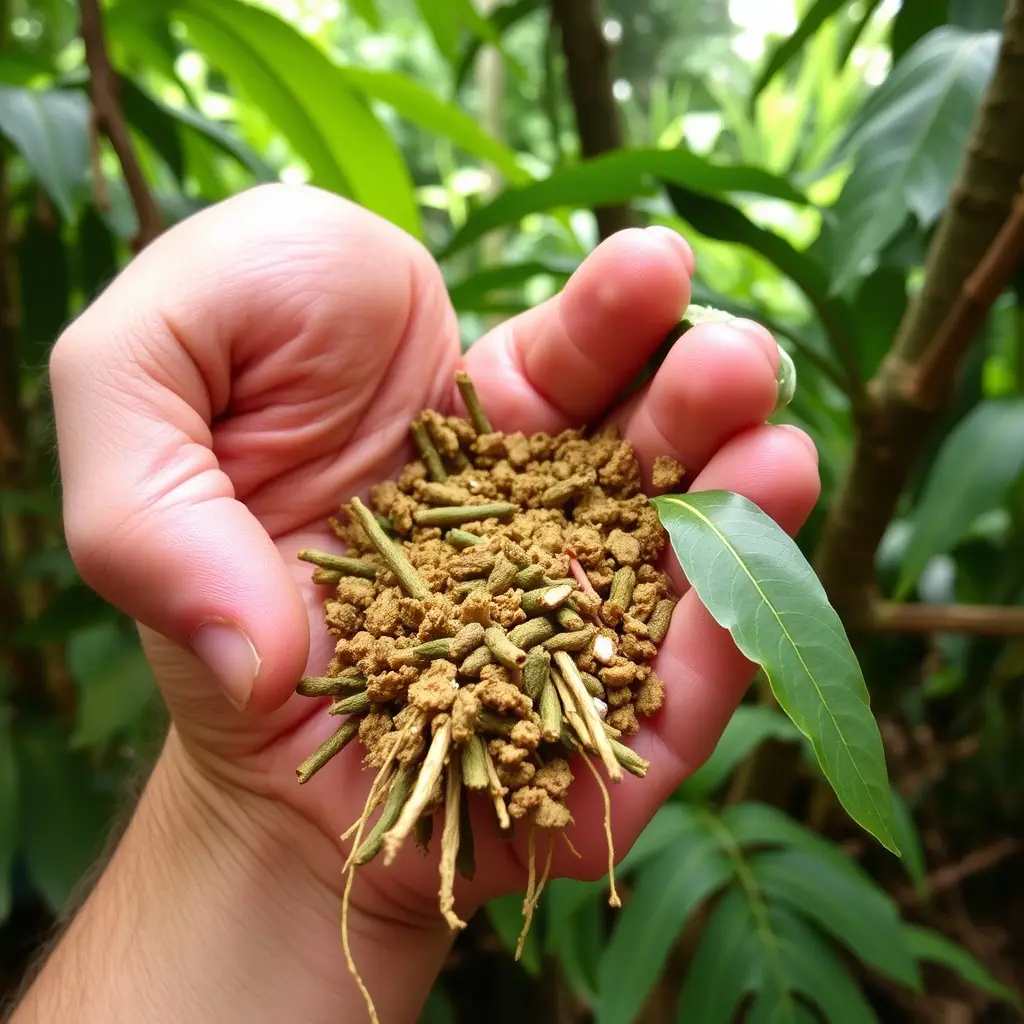Kratom, a plant from Southeast Asia containing alkaloids that may offer cardiovascular benefits such as improving heart function and blood vessel health by promoting vasodilation, is legal in North Carolina under specific conditions. The state's Department of Agriculture and Consumer Services oversees its sale to ensure safety and quality, but it cannot be marketed for therapeutic use to avoid federal drug classification. The legality of kratom in North Carolina requires careful consideration due to mixed evidence on its health effects; while some studies suggest potential benefits for heart health, the FDA has issued warnings about its adverse effects and potential for abuse and dependence. Users are encouraged to consult healthcare professionals, stay updated on changing laws, and adhere to state regulations for safe and legal use of kratom within North Carolina's boundaries. The current status of kratom as a legal substance in the state is subject to change and may be influenced by local ordinances. It is essential to remain informed and compliant with both state and federal guidelines when considering kratom for any health-related purposes.
Kratom, a botanical derivative from the leaves of Mitragyna speciosa, has garnered attention for its potential cardiovascular benefits. This article explores how kratom may contribute to heart health and its current legal status in North Carolina. With alkaloids like mitragynine and 7-hydroxymitragynine at the forefront of research, understanding their effects is crucial for evaluating the substance’s role in cardiovascular wellness. As we delve into the scientific aspects and legal considerations of kratom use within the state’s framework, readers will gain a comprehensive perspective on the safety and potential of this natural compound for heart health enhancement.
- Kratom's Role in Cardiovascular Health and Its Legal Status in North Carolina
- Understanding Kratom's Alkaloids and Their Potential Impact on Heart Wellness
- Balancing Safety and Benefit: A Closer Look at Kratom Use for Improved Cardio Health in the Context of North Carolina Law
Kratom's Role in Cardiovascular Health and Its Legal Status in North Carolina

Kratom, a plant native to Southeast Asia, has gained attention for its potential impact on cardiovascular health. The leaves of kratom contain compounds that may influence heart function and blood vessel health. Proponents suggest that certain alkaloids present in kratom can promote vasodilation, potentially reducing hypertension and improving overall circulation. Additionally, there is some evidence to indicate that these alkaloids might enhance heart muscle performance and contribute to a healthier cardiovascular system by balancing cholesterol levels and reducing the risk of plaque buildup in arteries. However, it is crucial to approach such claims with caution and consult healthcare professionals before incorporating kratom into any health regimen due to its potent effects and potential interactions with other medications.
The legal status of kratom varies across different regions and states within the United States. In North Carolina, the legislature has taken a measured stance on kratom. As of the knowledge cutoff date, kratom is legal in the state, but it is subject to specific regulations. The North Carolina Department of Agriculture and Consumer Services oversees kratom’s sale, ensuring that products meet certain quality and safety standards. It is legal to purchase and possess kratom within the state’s borders, provided that it is not labeled or advertised as having therapeutic benefits, as this would classify it as a drug under the federal Food, Drug, and Cosmetic Act. Users should always verify the current legal status of kratom in North Carolina, as laws can change, and local ordinances may apply. It’s important to stay informed on these matters to comply with state regulations regarding kratom use and possession.
Understanding Kratom's Alkaloids and Their Potential Impact on Heart Wellness

Kratom, a plant native to Southeast Asia, has garnered attention for its alkaloids and their potential health benefits, including effects on cardiovascular wellness. The primary active compounds in kratom are mitragynine and 7-hydroxymitragynine, which have been studied for their impact on the body’s systems. These alkaloids may interact with opioid receptors, influencing pain perception and mood, but recent research is also examining their effects on cardiovascular function. Preclinical studies suggest that kratom alkaloids can exert positive effects on heart health by promoting vasodilation, improving blood flow, and potentially reducing hypertension. This could be beneficial for individuals experiencing cardiovascular issues, although more human-focused research is necessary to fully understand these effects.
In the context of legal considerations, it’s pertinent to note the varying statuses of kratom across different regions in the United States. As of my knowledge cutoff in 2023, kratom is legal at the federal level, but its legality varies by state. For example, in North Carolina, the legal status of kratom has seen fluctuations; as of this writing, it appears that kratom is legal in the state, with specific counties considering their own regulations. Consumers interested in the use of kratom for cardiovascular health should first consult with healthcare professionals and be aware of the local laws governing its use. This is crucial, as the legality of kratom can change, and its use may be subject to restrictions that impact availability and safety. Always ensure compliance with state and federal regulations when considering kratom as part of a health regimen.
Balancing Safety and Benefit: A Closer Look at Kratom Use for Improved Cardio Health in the Context of North Carolina Law

Kratom, a botanical substance derived from the leaves of the Mitragyna speciosa tree, has garnered attention for its potential impact on cardiovascular health. In the context of North Carolina, where the legality of kratom is a subject of ongoing debate, it’s crucial to scrutinize the balance between safety and benefit when considering kratom use for improved heart health. As of the current understanding, kratom is legal in North Carolina at the state level; however, local ordinances may vary. This legal status necessitates a responsible approach to its consumption, with a clear emphasis on regulated use and scientific research to elucidate its effects on the cardiovascular system.
Research into kratom’s active alkaloids, mitragynine and 7-hydroxymitragynine, has yielded mixed findings regarding their impact on heart health. Proponents suggest that certain alkaloid compounds may contribute to cardiovascular benefits by potentially reducing blood pressure and improving circulatory function. However, the safety profile of kratom is complex, with the U.S. Food and Drug Administration (FDA) cautioning against its use due to adverse effects and the potential for abuse and dependence. In North Carolina, where the legislature has chosen a path of regulation rather than prohibition, consumers and healthcare providers must navigate this nuanced landscape with caution. It is imperative that both anecdotal and scientific evidence be critically evaluated within the broader context of cardiovascular health and the legal framework set forth by state regulations. As such, individuals considering kratom for its cardiovascular benefits should do so under informed guidance and in accordance with North Carolina’s legal guidelines.
In conclusion, the potential benefits of kratom, particularly its alkaloids and their effects on heart health, present an intriguing angle for improving cardiovascular well-being. However, it is imperative to navigate these possibilities within the regulatory framework set by North Carolina law—a framework that addresses the legality of kratom in the state. As outlined in this article, understanding both the scientific and legal dimensions of kratom’s role in cardiovascular health is essential for individuals considering its use. In North Carolina, where the legal status of kratom is defined, responsible exploration of this plant’s potential can be pursued with caution and informed decision-making. Balancing safety and benefit remains a key consideration for those interested in harnessing kratom for heart health within the state’s guidelines. Future research will undoubtedly shed further light on this topic, guiding both policy and practice in a manner that aligns with scientific evidence and legal mandates.






